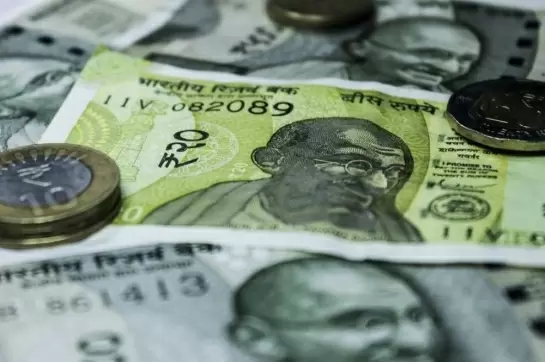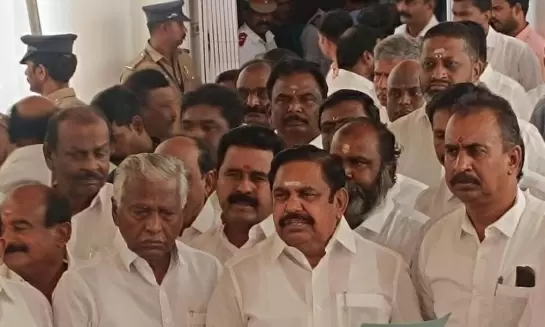Industrial world must get more time to reduce emissions: India
08-December-2019
Ahead of the high-level crucial negotiations this week at the UN Climate Change Conference (COP25) in the Spanish capital, India's stand is primarily on evolving loss and damage mechanism and the industrial world should get five years more to reduce its carbon emissions, a senior Indian functionary said on Sunday.
Union minister Prakash Javadekar, who reached here a day earlier, had meetings with Indian delegation to strengthen the country's stand on climate transparency and working towards protecting long-term development interests.
The two-day high-level negotiations will begin on December 10.
A team of 24 government officials led by Environment and Climate Change Secretary C.K. Mishra, who was here till the onset of negotiations on December 2, briefed Javadekar about the status of ongoing negotiations.
"Our focus, among others, is mainly on loss and damage. We want the world to evolve a mechanism in this regard. Also the developed world should be given five years more time to fulfill its pre-2020 commitments to reduce carbon emissions by 25 to 40 per cent," Mishra told IANS.
India's stand indicates the industrial world to achieve carbon neutrality or net zero emissions by 2050. Its approach is basically guided by principles and provisions of UNFCCC and the Paris Agreement, particularly the principles of equity and common but differentiated responsibilities and respective capability.
According to the UN Climate Change, the host of the talks, a key objective of COP25 is to raise overall ambition also by completing several key aspects with respect to the full operationalisation of the Paris Climate Change Agreement by next year.
Last year at COP24 in Poland, the bulk of the implementation guidelines of the Paris Agreement were agreed on, with the exception of Article 6 of the Paris Agreement.
Article 6 is to provide guidelines for how international climate markets will work, as a key component of the world's economic toolbox for addressing climate change.
Mishra said talks were held on Article 6 in the past week but there was no major outcome. aceTalks on Article 6 will continue this week too."
India's lead negotiator Ravi Shankar Prasad said failure to address the shortfall in the pre-2020 period would not be able to address climate action appropriately.
As per the Doha Amendment, the industrialised world was required to reduce its emissions by at least 25 to 40 per cent from the 1990 levels by 2020. They were also required to revise their 2020 targets by 2014.
The other focus areas at COP25 will include adaptation, loss and damage, transparency, finance, capacity-building, indigenous issues, oceans, forestry, gender and more.
The provision of finance and technology is crucial for developing countries to green their economies and build resilience.
Javadekar told this visiting IANS correspondent India is participating with a constructive and positive outlook and working towards protecting long-term development interests.
According to him, India has reduced its emission intensity by 22 per cent over 2005.
India has been ambitious in its actions and has emphasized that developed countries should take lead in undertaking ambitious actions and fulfil their climate finance commitments of mobilizing $100 billion per annum by 2020 and progressively and substantially scale up their financial support to inform Parties for future action through nationally determined contributions (NDCs).
Indian negotiators told IANS that at the two-day high-level talks beginning on December 10 India will further stress upon need for fulfilling pre-2020 commitments by developed countries and that pre-2020 implementation gaps should not present an additional burden to developing countries in the post-2020 period.
According to the UN Environment Programme's 2019 Emission Gap Report in the run-up to COP25, unless global greenhouse gas emissions fall by 7.6 per cent each year between 2020 and 2030, the world will miss the opportunity to get on track towards the 1.5 degrees Celsius temperature goal of the Paris Agreement.IANS
New Kerala Guv Strikes Cordial Tone, Hosts CM Vijayan And FM Sitharaman In Delhi
Digital Payments Surge in India: 18,120 Crore Transactions in FY24-25
Weather Dept Predicts Heavy Rains In Several TN Districts
Chitra Subramaniam’s Book Boforsgate Exposes Arms Trade, Corruption, and Political Intrigue
Israeli Tourist Gang-Rape Case: Third Accused Nabbed in Chennai









